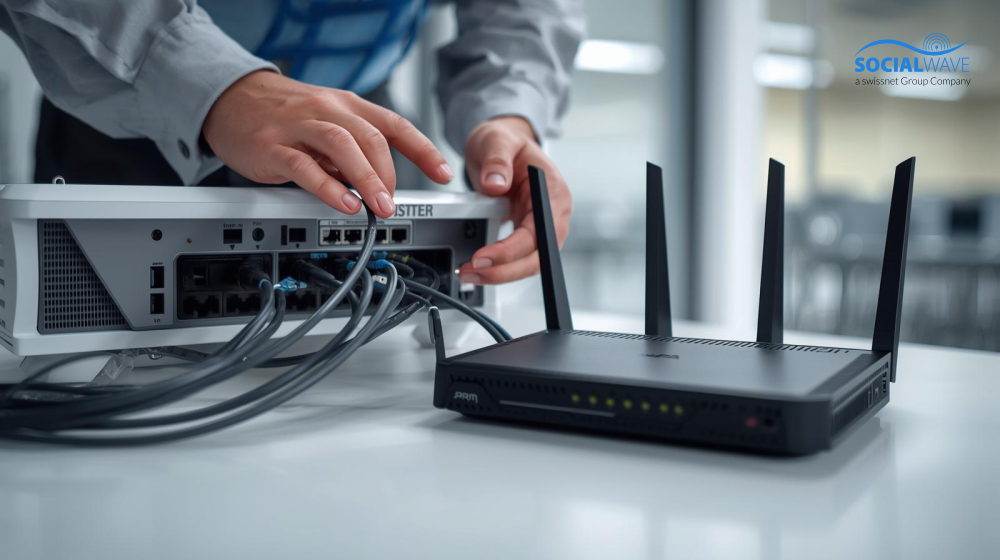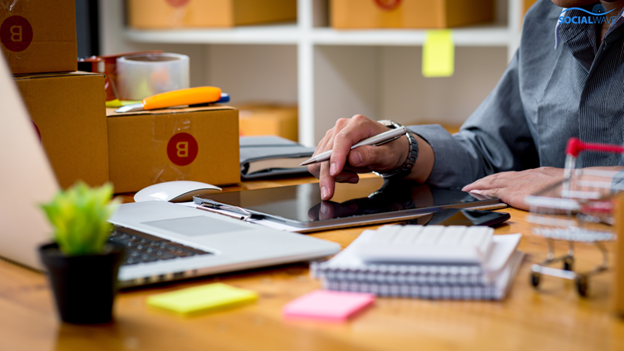Collect contact details and be prepared for further lockdowns

With the second “lockdown light” at the latest, it is clear that this situation can occur again and again in the current global situation. The financial damage, especially for restaurateurs, is enormous. It is important to take precautions and use new marketing opportunities such as contact details to minimize the damage next time and grow the business in the long term.
Exploit opportunities
Creativity is needed to at least approximately maintain sales during the crisis: For example, many companies offer pick-up and delivery services or are expanding their online presence. The blog post “How gastronomy has changed after the crisis” deals extensively with this topic. Sales of online food delivery in Germany will rise from €1.79 billion to €2.4 billion as a result of the corona year from 2019 to 2021 (Statista, 2020). When a delivery service is integrated, this information must of course reach customers. One option would be to sell flyers via print media or write a post on your own social media channels. However, since this is cost-intensive in the first case and is not seen by everyone in the second case, another, very effective option comes into play here: using contact data.

What are contact details?
Important: This does not mean the contact details that are collected from every guest due to Corona. These may not be used for marketing purposes. The contact details relevant here are information about how to contact individual customers that they have provided voluntarily to the company. These can be e-mail addresses or telephone numbers, for example. The company has the opportunity to get in touch with the customer via these channels. Messages can be individually adapted to the customer and the desired information, such as the introduction of a new delivery service, is guaranteed to reach everyone. In addition, the whole thing is significantly cheaper than flyers in print media or separately placed advertising on the Internet. Contact data is therefore a powerful tool that companies can use to create a significant competitive advantage, especially in difficult times.
Collect contact details
The question is, of course, how does a company obtain such data. Which customer voluntarily gives their e-mail address to a restaurant where they have only eaten once? This question is absolutely justified. The answer lies in the Internet you use. Through the WiFi for guests Socialwave, which is made available to customers free of charge, automatically collects contact details of Internet surfers (with their consent, of course) when they log into the hotspot. With this information, various campaigns of your choice can then be launched. In the example, by sending emails, anyone who has connected to the hotspot in the past can receive the information that the food is being delivered or is ready to be picked up after a call.

Contact details in times of corona
Especially in the current, unclear situation, contact data is proving to be more valuable than ever. Although many companies are developing creative ways to continue their operations, there is often a lack of buyers because the end consumer simply does not know that something is being offered. The collected contact details offer the opportunity to communicate directly with the customer without additional costs or time delays and thus to keep day-to-day business alive without a long bridging period. At the same time, this data pool provides security for possible further lockdowns.
Investing in the future
Of course, contact details are also valuable outside the corona period. The restrictions will pass, but the competitive advantage will remain. With an e-mail address, you can congratulate the customer on their birthday, for example, or send a voucher for their next visit, which ensures long-term customer loyalty. All of this is done practically and automatically in the background by Socialwave.

Legal hurdles
Of course, there are a few things to consider when collecting contact data so as not to get into legal problems. Socialwave offers you a legally impeccable service here. Feel free to arrange a Appointment for a non-binding telephone consultation with one of our experts. We are looking forward to seeing you!








.svg)

.svg)
.svg)



